#rules lite rpg
Explore tagged Tumblr posts
Text
The cat faces going from frustrated/upset to fierce as the numbers increase is too cute!
#kickstarter#rpg#original rpg#rules light rpg#rules lite rpg#cat#cats#cats of catthulhu#nekonomicon#10th anniversary
4 notes
·
View notes
Text
I've added some more free community copies of Explorers. Get in there and start adventuring today!
43 notes
·
View notes
Text
Hello.
I am a real person and not a spam bot. I'm based in Ireland, and didn't really know what to do here at first. I was just liking and reblogging stuff, but not posting, and that certainly looks like bot behaviour.
Anyway, I wrote one post about ttrpg stuff, so I think I'll keep it on that trajectory with this blog.
I play d&d when other people are running it, but I run "scum & villainy" and "kids on bikes" for my friends, because I'm more into rules-lite and keeping the story moving. I once spent 9 hours (3 different sessions) in a single combat encounter in d&d, so I'm trying to get away from that.
7 notes
·
View notes
Text
"Roll-A-Die" mechanics
There's a distinction in TRPG design that I haven't seen anyone articulate. To explain it, let's consider Dungeons and Dragons, the Mt. Fuji of tabletop RPGs.
On one hand, you have skills. You say you want to do something, you roll a die, and that die tells you whether you succeed or fail. That's the whole mechanic; everything else has to come from the players.
On the other hand, you have combat. There are well-defined guidelines for what you can do, when you can do it, and how it works. Success and failure are meticulously defined; if you succeed on an attack or fail a save, the effects are quantified and tie into the game's other mechanics in key ways.
The latter are "real" mechanics, with all the depth and complexity needed to produce interesting mechanics to play with. The former is just rolling a die.
I think this is a useful distinction to make in many contexts. On one hand, I've had lots of discussions where people argue that D&D's Persuasion and Survival skills are sufficient mechanics to justify its claim that social situations and exploration are pillars equal to combat.
On the other hand, it's hard to articulate what I like about PBtA's moves without explaining what sets them apart from roll-a-die mechanics. The explanations about what success and failure entail, in ways specific enough to be useful but vague enough to apply to any situation, are nice in a way that's hard
Two quick caveats!
First: This is a spectrum, not a binary. In fact, it's a spectrum that extends beyond the examples I've given in both directions. On one end of the spectrum, you have detailed simulationist mechanics, more specific and intricate than even typical "real mechanics". On the other end, you have mechanics that work without even rolling a die. (For instance, 5e's jumping mechanics define how high you can jump without a running start, no die roll required.) And there are plenty of mechanics in the middle.
Second: Roll-a-die mechanics are not always bad! They're simple, easy to remember, and quick. Roll-a-die mechanics are good for things that need to be resolved, but which aren't important to the game as a whole. It's only a problem if mechanics that are supposed to be important are reduced to roll-a-die mechanics.
#in principle there's an exception for rules-lite games that are just R-a-D mechanics...but I don't like those games so...#trpg#tabletop rpg#rpg#game design
16 notes
·
View notes
Text
Having just read Reactors and Romance, I think I've come to the opinion that we have evolved past the need for rules-lite TTRPGs.
Every single self described "rules-lite" TTRPG I've read is only able to have a small ruleset because it banks on being a GM Theme Park.
Like,,, what they do is strip out all setting guidance, strip out most mechanics, strip out characterization and other important tone setting rules, then make the scope of the type of story played HUGE.
Wedding Crasher: A bride's ex has shown up to her wedding with mechs committed to win her back by any means. What is each PC’s role in the wedding?
The only rule that exists is combat. Nothing regarding story mechanics, nothing regarding how to handle story arcs between missions. Just vibes.
Which ultimately means the GM has to handle all of that and design rules for it themselves. This is especially so because players are strapped into the proverbial rides. The only control they have is combat so the GM must pick up the rest of the slack.
Honestly, if you're going to be rules-lite you NEED to give the players certain creative controls cause otherwise you're just recreating the worst aspect of D&D.
And even beyond that, you need to drastically shrink your scope if you're going to add, I cannot stress this enough, a SINGLE rule.
Don't get me wrong, it's a good and interesting rule, but it doesn't fit the announced scope.
#idk#just thinking on how rules lite rpgs generally suck to play#cause you have to carry the whole thing#reactors and romance is especially egregious#cause it offloads much of the fun onto just having a good group dynamic#rather than having a good game#feels very much like that one critique of D&D players that dont read the rules#you got tricked into spending money to play pretend#not that you need to pay for R&R but it really doesnt provide anything but a combat framework
2 notes
·
View notes
Text






LAST REQUIEM ~NEO GOTHIC RPG~[ラストレクイエム ~ネオゴシックRPG~]
#manga covers#not manga#its been a while since ive trawled through japanese TTRPG books#i think i commented on it before#but its fascinating how different their marketing is#they really love super rules lite systems#and super RP focused and even solo play story telling styles#they've even rebranded the acronym to Table''Talk'' RPG#and a single systems publisher will just churn out dozens of books on different settings#but it's not like GURPS or FATE where there's an effort to be modular or super open ended#every setting just kinda exists in its own bubble
4 notes
·
View notes
Text
Under a Hostile Sun at GENCON!
Are you going to GenCon? Want to try out the game of survival against impossible odds? Saturday August 3rd I will be running two games of Under a Hostile Sun at GenCon! The Saturday morning session is almost sold out, BUT there are still seats at the 4pm game! Under a Hostile Sun uses a currency system to track mined planetary resources and an Opportunity Die to track the health of the party’s…

View On WordPress
#adventure#aliens#creature collecting#creature collector#D&D#d20#dice#Dungeons & Dragons#Dungeons and Dragons#fun#Gen Con#GenCon#independent game design#indianapolis#Indie RPG#OGL#Open Game License#Open RPG Creative License#ORC License#playtest#roleplaying#rpg#rule-lite#rules light#Rules-light#sci-fi#science fiction#scifi#tabletop#tabletop games
0 notes
Text
It’s Saturday night and the comic convention has shut down for the night…
The industrial light slams off with a crash, and for for several heartbeats you are plunged into darkness. When the dim auxiliary lights finally come on, you find that you feel somehow…different. As you survey the lobby of the convention center two things feel certain- one, you’re definitely trapped here, and two, you definitely aren’t alone.
Cosplay After Dark is a rules lite narrative TTRPG designed for spooky one-shots. It features
Low GM prep
1d6 core mechanics with degrees of success
A pool of flex points to enhance rolls
Zombie bites don’t turn PCs until sunrise so the whole party can play ‘til the end
#role playing games#ttrpg design#indie ttrpg#ttrpg#ttrpgs#rpg#ttrpg dev#micro rpg#rules lite#zombies#halloween#comic con#cosplay
1 note
·
View note
Text
Risus: The Anything RPG
🎲 With its simple and flexible rules, Risus: The Anything #RPG allows you to create any character you can dream up and embark on any adventure you can imagine. #Risus #RulesLight #DnD #OSR
Risus: The Anything RPG – [PDF]Risus: The Anything RPG is a game that defies limitations and empowers players to unleash their imaginations. With its simple and flexible rules, Risus allows you to create any character you can dream up and embark on any adventure you can imagine. Whether you want to play a time-traveling ninja, a space cowboy, or a wizard detective, Risus gives you the tools to…

View On WordPress
#best rules light rpg#best rules light tabletop rpg#best rules lite rpg#risus rop rules#risus rpg#risus rpg review#risus rpg system#risus the anything rpg#risus the anything rpg pdf#rules light cyberpunk rpg#rules light fantasy rpg#rules light horror rpg#rules light rpg#rules light rpg system#rules light sci fi rpg#rules light superhero rpg#rules light tabletop rpg games#rules lite generic rpg#rules lite rpg systems#rules lite tabletop rpg#simple rpg#simple rpg rules#universal rpg
1 note
·
View note
Text
I’m excited to Play Isle of Ixx! If anyone wants to join, which it out. We have 3/5 players already!
#ttrpg#indie games#adventure#dungeons and dragons 5e#osr#rules lite#RoleVTT#exalted funeral#rpg#d&d#fantasy
0 notes
Text
Looking for a silly, rules-lite one-shot this winter? Check out Hometown Holiday!
In Hometown Holiday, players are each their own protagonist of a Hallmark-esque romance movie, each with their own tropey quirks (Cool Single Parent, Married To Their Job, Dating a Jerk, etc), and find themselves competing for the affections of a single dopey hunk of love interest played by the GM.
It’s a great on-ramp to RPGs for those new to the genre (or new to games that aren’t DnD), as players can use their knowledge of cheesy holiday tropes to inform their roleplay. It’s also a fun, no-prep one-shot for experienced players!
116 notes
·
View notes
Text
Most Popular Creations
DriveThru RPG
Cosy Wilds 5E (Copper Bestseller)
Rocket-Powered Space Football (Copper Bestseller)
The Frigid World of Illambria (Copper Bestseller)
Voidwalkers (Copper Bestseller)
Dungeon Masters Guild
Avernus Abridged
Finding Yourself in Wildspace
Itch
84XX BC
Explorers of the Forever City
Tumblr
Sorcerous Origin: Curseblood
Deep Dragonborn (Subclasseptember 2023)
Incomplete Ceremorph (Subclasseptember 2023)
#5e homebrew#pinned post#dungeons and dragons#dnd 5e#tabletop rpg#tabletop gaming#rules lite#dnd homebrew#tabletop#24xx#rules light
9 notes
·
View notes
Text
I couldn't find a roommate for August after my sister moved out, so all the rent's on me! Not an emergency, but a little bit of extra cash would be welcome. You can buy my games at the link above. Lots of them are pay-what-you-want!
Patchwork World is a fantasy PbtA game where you can burst into cats, harness your fungal weirdness, and track down the whale that ate your parents.
SpeedRune is a rules-lite ancient fantasy game. Go on adventures and engage in seasonal downtime like communing with spirits or flirting in saunas. With excellent art by A. Degen!
In a Mirror Brightly is a millennarian action RPG where you fight mainstream culture with hex, sex, and tech. It's in the vein of The Matrix, The Invisibles, and Mage: The Awakening.
You Are a House is a solo RPG based on Sam Leigh's Anamnesis. You become a house. What happens in you?
And much more!




144 notes
·
View notes
Note
TTRPGs for people with dyscalculia?
THEME : Dyscalculia Friendly.
Hello friend, I’m going to first point you to the Math-Lite Chaotic Murder Hobos recommendation post I wrote up a year or two ago.
What I understand about dyscalculia is that in can affect the ability to do mental math, but I'm not sure how much it affects number recognition. I have a few games here that ask you to read the faces on a die, but I don't think any of them expect you to do any addition. I hope you find something fun on this list!
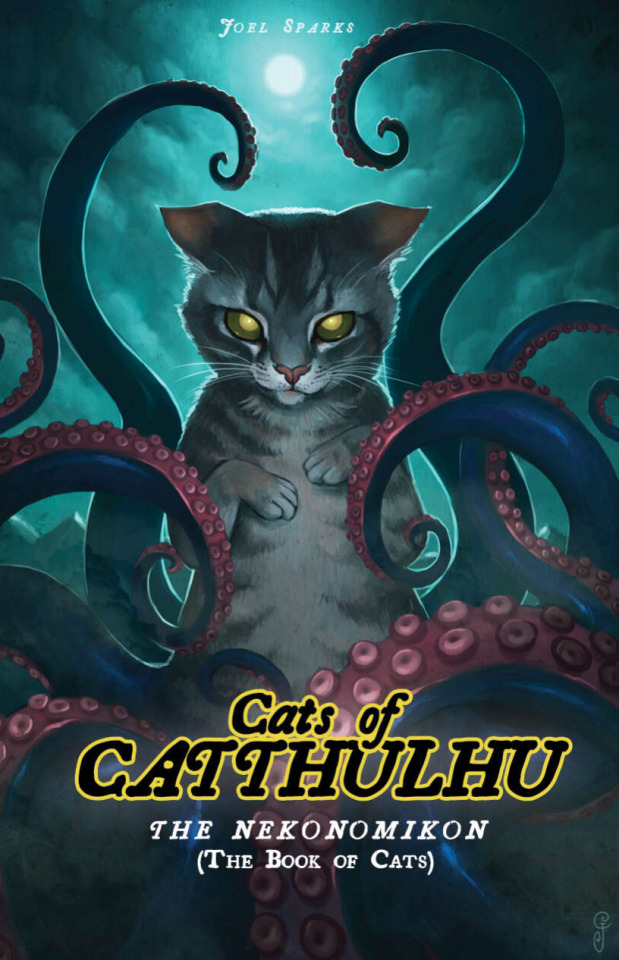
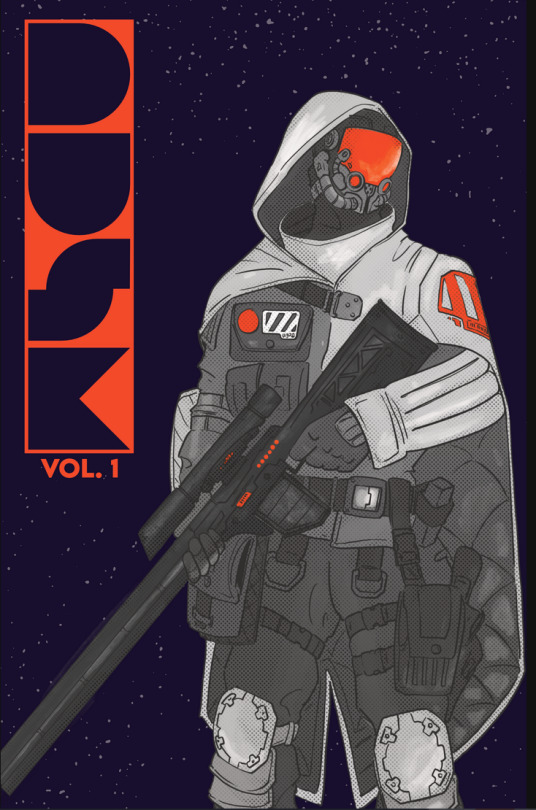
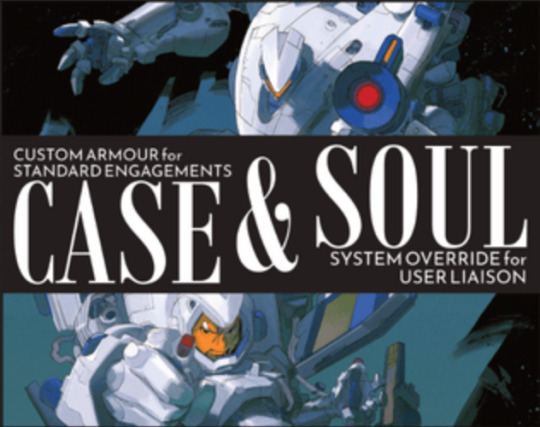
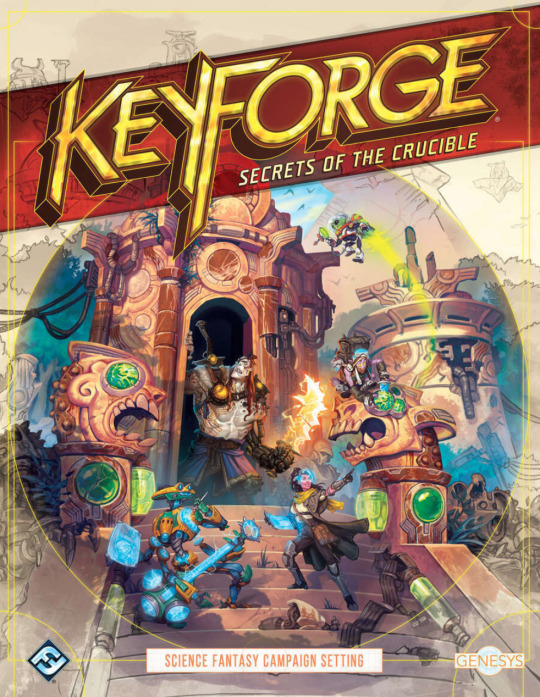
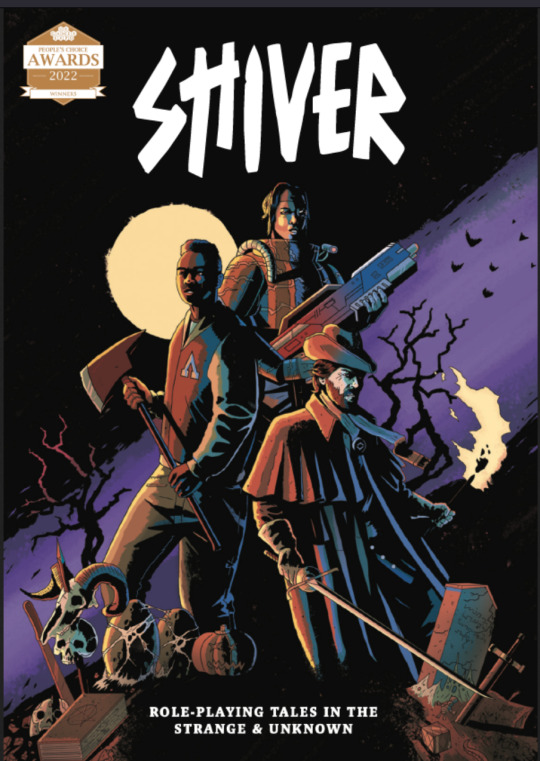
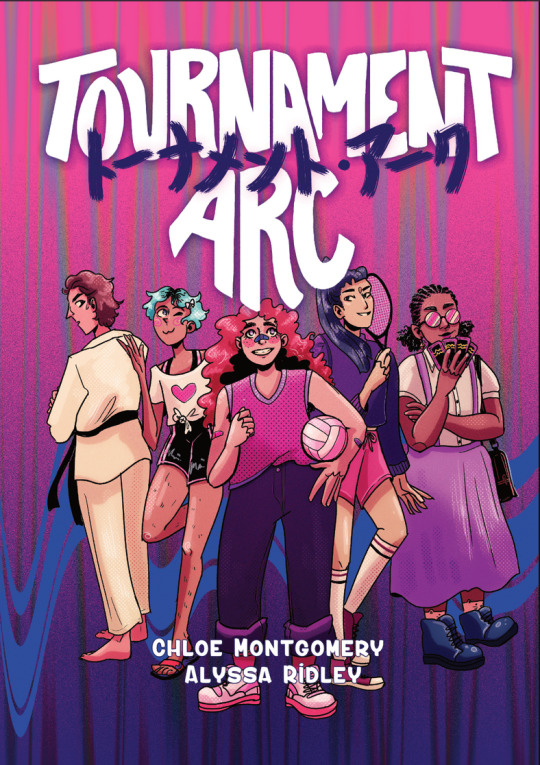

Cats of Catthulu, by Joel Sparks.
CATS OF CATTHULHU is the beloved rules-light roleplaying game in which the players take the part of ordinary cats, secretly defending human civilization from the Chaos Cults of the other animals. All the players have to do is act like cats, while the Cat Herder arranges exciting challenges for them—anything from snacky time to daringly interrupting dire rituals.
In Cats of Catthulhu, the way the story will go is always a mystery. You and your friends play to find out what happens. One person, the Cat Herder, arranges the secrets and situations, and sets the scene, but even they don’t know where the night will end. The players take the role of individual, ordinary cats. All you really need to do is act like a cat.
It might be a bit difficult to get your hands on them, but the original dice for Cats of Catthulhu don’t have any numbers on them; instead, they have sad cats and happy cats. Whenever a cat does something, they roll 2 of these dice. Rolling a Happy Cat is a success; rolling a Sad Cat is a failure. The reasoning behind these dice is: cats can’t do math!
If you can’t get your hands on cat dice, you can use any old d6, and regard 1-2 as Sad Cats and 3-6 as Happy Cats. You’ll also want to get some kind of physical token to use as Treats, which are player currency used to allow free re-rolls. Cats of Catthulhu is great for groups who are mostly getting together to just have a fun time, ready to act silly and get into all kinds of shenanigans.
DUSK, by Gila RPGs.
Equipped with the latest suntech, you are tasked with venturing out into the Dusk, and helping bring a new dawn to humanity. The Dusk does not want you there.
Good luck.
In DUSK, you play as Shards, survivors on the planet Obron after the devastating nova-event that saw your world destroyed. Now you wield powerful technology fueled by pieces of your dead sun, in hopes of surviving another day. DUSK uses the LUMEN 2.0 system, and is a diceless RPG focused on resource management rather than luck or chance.
As a diceless game, DUSK feels a lot different from a number of other diceless games, and I think that’s because of the style of game it’s working off of. LUMEN games are more about strategy than they are about narrative, and in DUSK that’s carried forward in the form of Suntech, items that require energy to power and provide specific advantages.
DUSK is still a relatively new game, but the designer is prolific in the amount of quality work he’s released in the past - and so when he says that there’s more to come, you best believe there’s more to come. If you’d still like to roll dice but you like the idea of the setting in this game, you might want to check out NOVA, which also uses the LUMEN system but gives you dice to roll or LUNA, a game about cultists trying to destroy the moon. Both of these games use pools of d6’s and ask you to look for the highest number, so I don’t think there’s that much math involved.
CASE & SOUL, by Briar Sovereign.
CASE&SOUL is a lightweight tabletop game for telling action-packed stories in the mecha genre. CASE&SOUL is designed for one-shots and short to mid length campaigns. Speed through a lightweight downtime; hire freelancers to pad out your Crew’s skills on missions. Customize your playbooks with SOUL moves, and enjoy a cut-down FITD gameplay with just the essentials for fast and flexible sessions.
Forged in the Dark games use a dice pool, rather than abilities with modifiers. You add dice from various places on your worksheet, and try to roll at least one 4 or higher. Rolling a 4 or 5 is usually a mixed success, and rolling a 6 is a complete success. Personally, I’m a big fan of games that use dice pools, as I’m also not a fan of trying to add up all of those numbers, and having to just look for the single highest dice helps speed up action resolution.
At the same time, Forged in the Dark games can have a lot of moving pieces at once, especially if the GM wants to track a large number of factions, or players want to plan multiple-stage missions. CASE & SOUL advertises itself as a slimmed-down version of these kinds of games, but I can’t tell whether or not that is the case when I look at the character sheets. What intrigues me is the CASE and SOUL tracks; I think your CASE is your Mech, and it receives Harm differently than your SOUL, which is an interesting way to measure how much your mech is (or is not) part of you.
Keyforge: Secrets of the Crucible, by Edge Studio.
In the center of the universe hangs the Crucible, a gigantic artificial world created by the enigmatic Architects and home to countless beings and cultures. Here, impossibly advanced technologies mix with arcane powers to make for a setting unlike any other! Uncovering the secrets of this mysterious world will take all your skills—but the potential rewards are boundless…
Explore this world of boundless opportunity in Secrets of the Crucible, a new sourcebook for the Genesys Roleplaying System set in the KeyForge universe!
You’ll need the Genesys Rulebook for this one, because the main reason I’m recommending Secrets of the Crucible is because of the dice system. Genesys dice don’t use numbers; they use symbols that represent success and failure - and they also have symbols that deepen the nuance of each roll. You can roll advantages or disadvantages that calibrate exactly how much you succeed, as well as triumphs or despairs that give you the same kind of highs and lows as a Nat 20 or a Nat 1 in D&D. This means that each roll tells you so much more about what’s going on around you than just whether you open a door or sweet-talk a guard.
As for the setting, Keyforge is originally a card game published by Fantasy Flight games, about a world called the Crucible, full of secrets that various factions are competing to unlock. It reminds me of the worlds of Magic: the Gathering or League of Legends, with various settings that look very distinct from each-other, and represent different styles of play.
SHIVER, by Parable Games.
WHAT IS SHIVER?
SHIVER is a tabletop roleplaying game that lets players bring their favourite scary movies, spooky tv shows, and horror stories to life. Ever wanted to play through the plot of your favourite film on the tabletop? Or wanted to make sequels, prequels and original stories in the worlds of pop culture you love? SHIVER lets you play that!
SHIVER is setting neutral allowing you to play any story, anytime, and as anyone. Want to play a game of teens in survival mode against a zombie horde? Kids on Bikes who dread exploring a haunted house on Halloween night? Or perhaps a medieval monster hunter looking for a werewolf, vampire or mage? SHIVER can deliver stories and characters for anything from cult pulp classic to Cthulhu fuelled eldritch mystery.
The designer of SHIVER set out with the goal of making games easier for his friends, who had similar struggles with games that had too much math involved. Players roll six-sided and eight-sided dice with various symbols on them, looking for the symbol that represents their character's strengths. The more difficult the task is, the more of the required symbol you need. The game itself is recognized as a class-act horror game, good for everything from pulp-action to gothic fiction to slasher horror. If you don't have the special dice, you can substitute with d6's & d8's, or you can use the free Dice Roller designed for this game.
Tournament Arc, by Biscuit Fund Games.
Are you looking to experience the triumphs and defeats of Space Hyper-Basketball? Need to feel the epic highs and dizzying lows of card games in the post-apocalypse? Want to face the trials and tribulations of the cheese-rolling World Circuit?
Tournament Arc is your very own collaborative sports anime experience, made in the diceless Belonging Outside Belonging engine popularized by games like Dream Askew and Wanderhome. In every thrilling episode, you’ll play the part of the Team as they negotiate the complexities of their daily lives, explore a collaboratively created world, and, most importantly, play the Game.
Tournament Arc is both diceless and GM-less, and is designed to tell stories about teambuilding and competitive sports, although the setting appears to be pretty flexible. The Belonging Outside Belonging game system provides each character type with prompts, and sorts those prompts into different categories. Usually there will be some things you can always do that generate tokens as well as narrative obstacles, and then other things that you can only do when you spend tokens - and as a result, also help characters confront those narrative obstacles. If you have players that like having something tactile to keep in their hands as they play, you might like Tournament Arc.
Warehouse Bitches, by Darling Demon Games.
The Time Worm arrived as it was prophesied just as the crown fell upon his head, and all potentials collapsed into a single haunted citadel, which you call Hex City. You are transgender punks and goths from earth, and in this place your powerful hearts make you witches, daemons, beast-people and arcane architects. We bide our time, smoking and drinking, playing video games and eyeing the crumbling walls of our enemy, The Lord of Olympus.
In Warehouse Bitches, you play as one of the titular warehouse-dwelling trans folk in the hellish Hex City. In this GMless Belonging Outside Belonging game with a unique coin-flip mechanic, you'll wield magic, build allies across the city and fight back against the bastards in subtle ways.
I’ve already explained a bit about how Belonging Outside Belonging works, but Warehouse Bitches adds another layer by using coins as tokens. Using coins, your options are different depending on whether or not the coin is on Heads or Tails. The moves on your character sheet are not just differentiated between Strong and Vulnerable, they’re also differentiated between Heads or Tails, and you must have matching sides of the coins showing in order to be able to use those moves. Characters also have Magic moves, which require the player to flip every coin they currently hold, and reassign those coins based on whatever side they land on.
Warehouse Bitches has only 4 playbooks as it stands now, so a group of 4 players is probably the largest group that can play the book as it stands now. The game is GM-less, but looking at the rules, I think it would be possible to have someone pick up the GM role in order to introduce complications and narrate the actions of various other factions in town. Similar to other BoB games, there are zones that have various elements and details that need to be decided as you play, which will also help provide events and interesting features that keep the game fresh and exciting.
194 notes
·
View notes
Text
Costume Fairy Adventures
Costume Fairy Adventures is... well, its about fairies, who wear costumes, and have adventures. Ok that's not ALL it is, but that's a good bulk of the game, CFA is a fairly rules lite and simple system for running games about whimsical fey getting into weird shenanigans using weird costumes they made or found lying around, character creation and gameplay are both very simple, and this game is a biiit more niche than my usual spotlights, but I guarantee this one's good.
200 notes
·
View notes
Note
I think that 5E having fanbase that mostly doesn't want to play it is good, actually.
If they really outnumber people who want dungeon combat game, wotc can allow themselves to do a total reboot - make 6E a basically different game, keeping only six stats and foundational systems like d20+stat modifier and AC and HP and classes, but otherwise make a very lite-weight game suited for recreating actual play experience with found family or whatever 5E players want (I don't play 5E).
It's a decision that would benefit everyone. Wotc will profit off new players because they are already trapped in their ecosystem, and even if already avid 5E players don't want to buy new books, newcomers will. 5E players will get a game they actually want. Oldies who don't like it can just move to Pathfinder or OSR, so they won't be deprived of games. Hell, wotc may even start their official line of OSR with new settings and adventures and easily get a share of that market as well!
Like, D&D as it is already suffers from incompatible legacy that can't be thrown out without enraging fans, and if this continues for too long it will collapse. But this way it can survive by transforming into a game that 2020s fandom wants.
Games Workshop pulled way riskier move with Warhammer and ultimately succeeded, I think hasbro can do this as well
Thing is, I don't think WotC will ever do it, because they have pretty much managed to cultivate an audience that is so incurious about game design that they think D&D not supporting the type of gameplay they want isn't a bug, it's a feature.
Ultimately, as I have said before, D&D held hostage to nostalgia because it has to adhere to a certain shape of what D&D "has to be," and even though it's actually one of the worst games for supporting plucky found family heroic narratives people will insist it's good for that because the people in question don't think of D&D's rules in terms of incentive structures and genre emulation, but instead as just "stuff" that the game has which means that the game can do the "stuff." Basically, many of these people think of RPG rules in terms of the shape of dice being rolled, instead of the behaviors that RPG mechanics can actually incentivise and how rules actually shape narrative.
I do agree that D&D not being the game most of its players want it to be is good in some way, but not because I think WotC is ever going to address that contradiction: it means that the aforementioned incurious players who genuinely don't care about game design are kept captured within WotC's walled garden, but at the same time those people who do genuinely care about games producing specific narratives will have to look to reconcile that contradiction elsewhere. We just have to keep throwing Molotov cocktails inside of WotC's walled garden to make people aware of the fact that they live in a false paradise.
68 notes
·
View notes